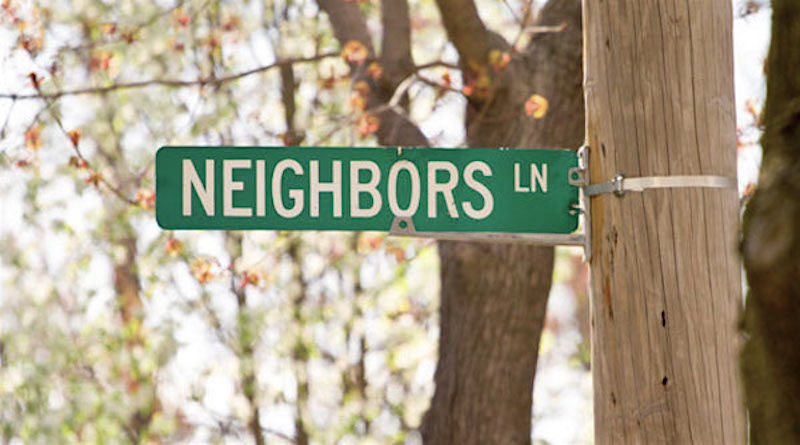The Church must advocate for both justice and mercy. Biblical justice and mercy are relational terms that speak to what it means to care and advocate for others in need.
This past weekend, I was both honored and privileged to preach in Suffolk, Virginia, for the 130th anniversary of the historic Metropolitan Baptist Church. My sermon was taken from Luke 10:25–37 wherein Jesus shares the well-known and very interesting Good Samaritan story.
The sermon focused on three key points:
1. What it means to be in a place of the in-between (between Jerusalem and Jericho). Between Jerusalem and Jericho is historically a dangerous place. In the story, this location represents uncertainty, frustration, as well as threats of danger and failure. In Jesus\’ story, Jerusalem and Jericho represent being in-between where you came from and where you are going.
We never know what will happen in the place of the in-between; but we know that there is a God of justice and mercy who is God not only of where we were and where we are going but also God of the in-between.
2. What it means to take risks. The priest and the Levite saw a man in need and failed to help him. To help the man was risky. What would people say if they knew the priest and the Levite were helping a cast-a-way who was half dead along the road? Would they lose their jobs at the Temple?
We must take a risk to help someone in need. Taking a risk is not a reckless move but rather a relentless move to do what is right in spite of what might happen to us!
3. What it means to have mercy. Mercy is not merely acknowledging that there is a problem or showing pity on problems. Mercy is active. Mercy does something about the problem.
Jesus credits the Samaritan for his willingness to have mercy on a man in need. Yet, the Samaritan\’s mercy was not mere pity. His mercy went beyond a hand out, a kind word, and good wishes. TheSamaritan\’s mercy extended to the man a hand up.
Being more concerned about the damaged human being, the Samaritan man offered relationship with a broken man, whom he did not know!
This week, may we extend mercy to people who we do not know. May we be challenged to be in relationship with \”the other\” regardless of any criteria other than because they are human beings in need of other human beings.
People need to know that God\’s people are advocates of justice and mercy. We are people who love God as well as \”other\” people.
Let\’s be a neighbor (as Jesus defines the neighbor) to \”the other;\” the \”other\” is the one who is not like you – whatever \”not like you\” means to you.
Share Christ\’s love and may our neighbors see Jesus as a result of our merciful witness!


